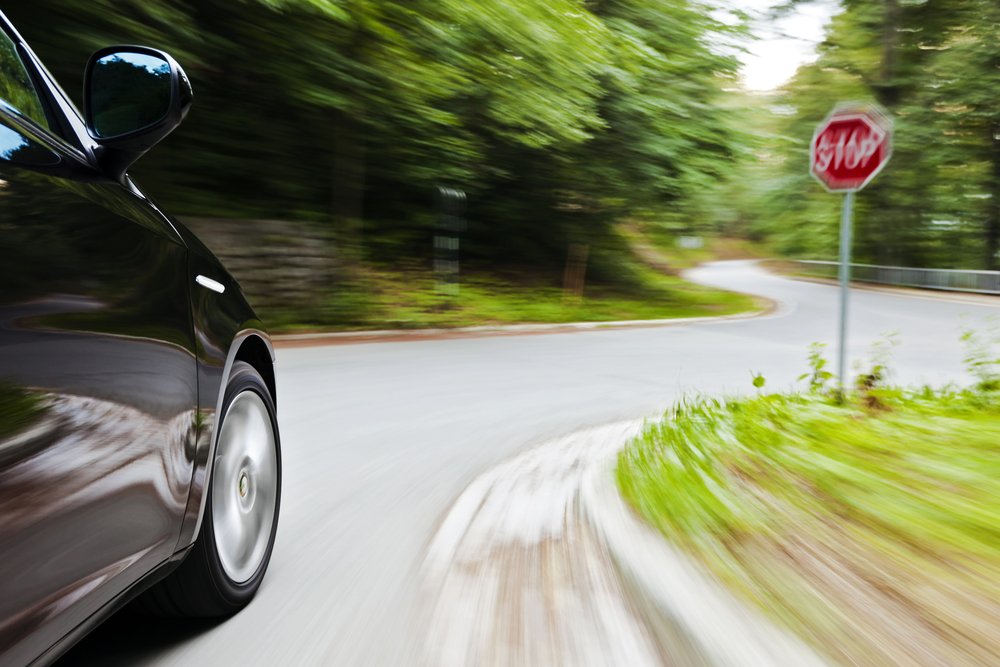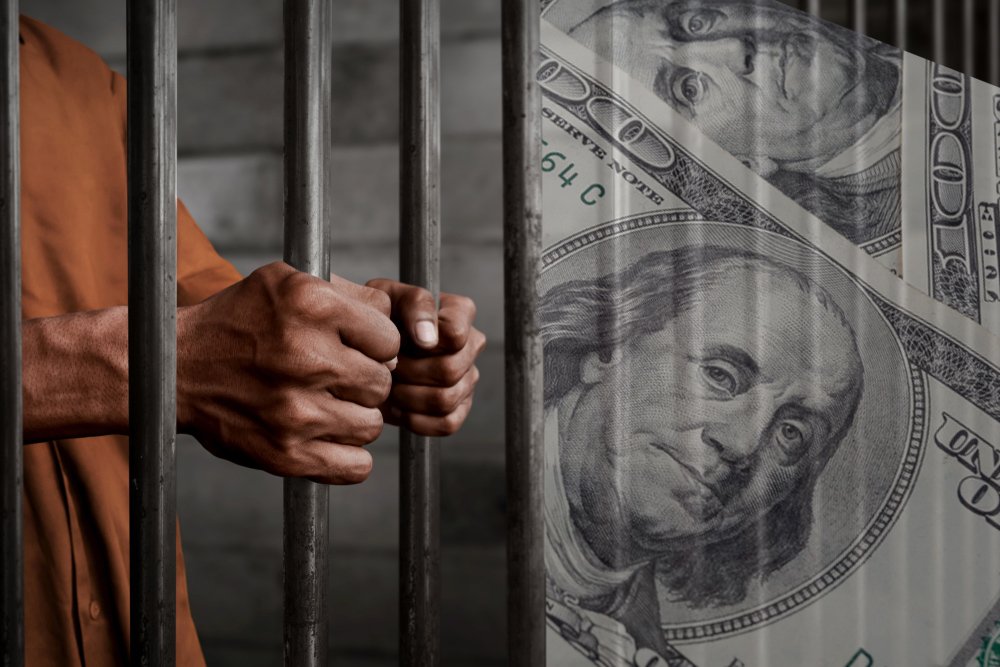ARS § 28-693 is the Arizona statute that defines the crime of reckless driving. People commit this offense when they drive a motor vehicle with a reckless disregard for the safety of other people or property. A violation of this law is a Class 2 misdemeanor punishable by a jail sentence of up to four months.
The language of ARS 28-693 states that:
A person who drives a vehicle in reckless disregard for the safety of persons or property is guilty of reckless driving.
Examples
- criminal speeding through a crowded neighborhood.
- swerving between cars during rush hour traffic.
- tailgating a car at night while driving at an excessive speed.
Defenses
Criminal defense lawyers can draw upon several legal strategies to help clients challenge a reckless driving charge. A few common ones include an attorney showing that the defendant was:
- not driving recklessly,
- not the actual driver, and/or
- responding to an emergency.
Penalties
An Arizona reckless driving conviction is a Class 2 misdemeanor (as opposed to a Class 2 felony). The crime is punishable by:
- jail time of up to four months,
- a maximum fine of $750, and/or
- a driver’s license suspension.
In this article, our criminal defense attorneys will discuss what the law is under this statute, defenses available if charged, the penalties for a conviction, and related crimes.

ARS 28-693 defines the crime of reckless driving. People commit this offense when they drive a motor vehicle with a reckless disregard for the safety of other people or property.
1. How does Arizona law define “reckless driving”?
Arizona’s reckless driving laws say that people are guilty of this traffic offense if they:
- drive a vehicle, and
- do so in reckless disregard for other people’s or property’s safety.i
In a reckless driving case, a judge or jury usually determines if a person was driving “recklessly” by analyzing the facts in the matter.ii
With that said, though, note that people drive in reckless disregard for others if they endanger any property or person.iii
Further, driving in reckless disregard of the safety of others means driving:
- in a manner that creates an unreasonable risk of bodily harm to another, and
- in a way that brings a high probability that bodily harm will result.iv
2. Can a driver raise a defense to an ARS 28-693 charge?
People in a criminal case have the right to raise a legal defense/disclaimer to challenge allegations that they committed traffic violations. Three common defenses under this statute include drivers showing that:
- they were not driving recklessly.
- they were not driving a vehicle.
- there was an emergency.
2.1 Not driving recklessly
Recall that a judge or jury will usually determine if a driver drives recklessly by analyzing the facts in a given case. This means defendants can always try to challenge a charge by highlighting certain facts that suggest they were not acting recklessly. Perhaps, for example, they can plead guilty to a speeding ticket and say there were engaging in aggressive driving, but show that they did not endanger anyone’s safety.
2.2 Not the driver
Also, recall that people are only guilty of this offense if they were actually driving a vehicle. A defense is for a defendant to show that he was not driving a car. Perhaps, for example, the defendant can show that a police officer made a mistake since the accused was only the motor vehicle passenger.
2.3 Emergency
Defendants can challenge a reckless driving charge by showing that there was some emergency that caused them to drive dangerously. Maybe, for example, an accused had to drive dangerously to get out of the way of an ambulance. This defense is sometimes referred to as a “necessity” defense.

A violation of ARS 28-693 can result in a fine and/or jail time
3. What are the penalties?
A first-time conviction under ARS 28-693 is a Class 2 misdemeanor.v A first offense is punishable by:
- custody in jail (as opposed to state prison) for up to four months,
- a maximum fine of $750 (plus any applicable surcharges), and/or
- the Arizona MVD suspending the defendant’s driver’s license for up to 90 days.vi
Defendants will likely get the maximum penalties if they have a criminal or poor driving record.
If a person commits a second offense under this statute within a twenty-four-month period of time, then reckless driving is a Class 1 misdemeanor. The crime is then punishable by:
- a mandatory 20-day jail term and the possibility of up to six months in jail,
- a maximum fine of $2,500, and/or
- the revocation of the defendant’s driving privileges.vii
4. Are there related offenses?
There are three crimes related to reckless driving. These are:
- vehicular manslaughter – ARS 13-1103,
- DUI – ARS 28-1381A1, and
- racing on highways – ARS 28-708.
4.1 Vehicular manslaughter – ARS 13-1103
Per ARS 13-1103, vehicular manslaughter is the crime where a driver kills another person by driving recklessly.
Note that if a driver commits this crime, he/she is typically charged with both:
- vehicular manslaughter, and
- reckless driving.
4.2 DUI – ARS 28-1381A1
Under ARS 28-1381, DUI is the offense where people operate a motor vehicle either:
- while impaired by drugs or alcohol, or
- with a blood alcohol content (BAC) of 0.08% or higher.
Unlike with reckless driving, people in DUI cases do not have to drive in a dangerous manner in order to be convicted of a DUI charge. A DUI conviction focuses more on a driver’s use of alcohol rather than the level of danger in his/her driving.
4.3 Racing on highways – ARS 28-708
Under ARS 28-708, racing on highways is the crime where people drive a vehicle on a street or highway while participating in a:
- race,
- speed competition or contest,
- drag race or acceleration contest,
- test of physical endurance or exhibition of speed or acceleration, or
- race for the purpose of making a speed record.
Unlike with reckless driving, racing on highways is always charged as a Class 1 misdemeanor.
Legal References:
- Arizona Revised Statutes 28-693A.
- In re William G., 192 Ariz. 208 (1997).
- Urs v. Maricopa County Atty’s Office, 201 Ariz. 71 (2001).
- State v. Chekmizoff, 82 Ariz. 176 (1957). See also State v. Roseman, No. 2 CA-CR 2016-0327 (Ariz. Ct. App. Sep. 25, 2017).
- A.R.S. 28-693B.
- In some cases, a driver may also have to attend Traffic Survival School.
- ARS 28-693D.
